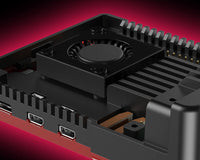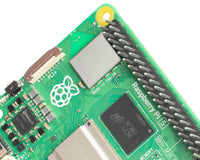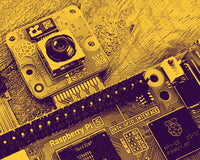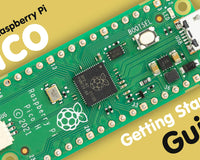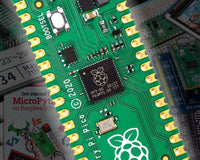
Raspberry Pi Roundup - a robotics event in Cambridge, a smart electricity meter and a vintage phone jukebox
Pi Wars 2018

Hi everyone! At The Pi Hut, we're sponsoring this great Cambridge-based community event.
This year’s Pi Wars competition is really hotting up with 76 teams currently preparing to take on our seven challenge courses. Tim’s hard at work making courses and I’m hard at work sending out emails and doing all the administration work that comes with an event such as this!
This family-friendly event takes place on 21st-22nd April at the Cambridge Computer Laboratory. You can book tickets here. Tickets are free for volunteers and for those under 18 and just £5/£7 for adults for one day/two days.
Over on DesignSpark, I’ve written an article which tells you more about the event, how we go about organising it, the challenge courses and how to get involved with the event by judging and marshalling during the weekend. Take a look at that article here.
We’d love to see you at the event! Even more information can be found on the Pi Wars website.
Electricity Meter

Kelly Hirano wanted to see how switching devices in his home on and off affected his electricity usage. Excited by the possibilities of reading the data from his SmartMeter, he discovered that he could buy a product (a Rainforest Eagle-200) which would expose the data via an API. Looking at their API documentation, he dug into the data using a Raspberry Pi Zero W and sent it out to a MQTT broker running Mosquito, as well as recording it locally. He added a Pimoroni Four Letter pHAT to the Zero to display the data. You can read a bit more over on his blog.
Vintage Phone Jukebox

Jeroen and his classmates have taken a vintage T65 phone and converted it into a jukebox. Using the dial, you select your year and which track out of the Top 40 you would like to play. The sound is handled using an Adafruit Speaker Bonnet. He’s written up the project on Instructables, although it’s not got a lot of detail, so you might have to use trial and error to get it working. Read the tutorial here.

